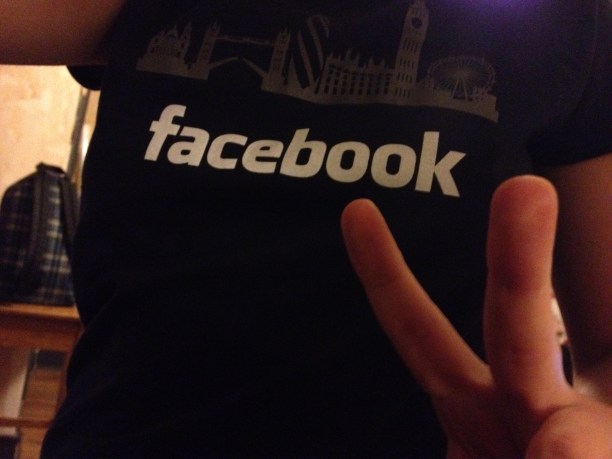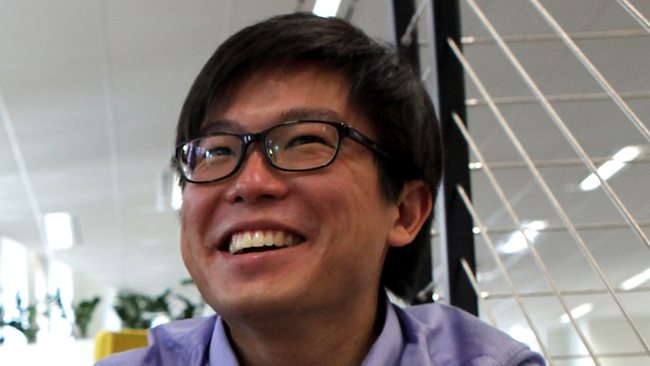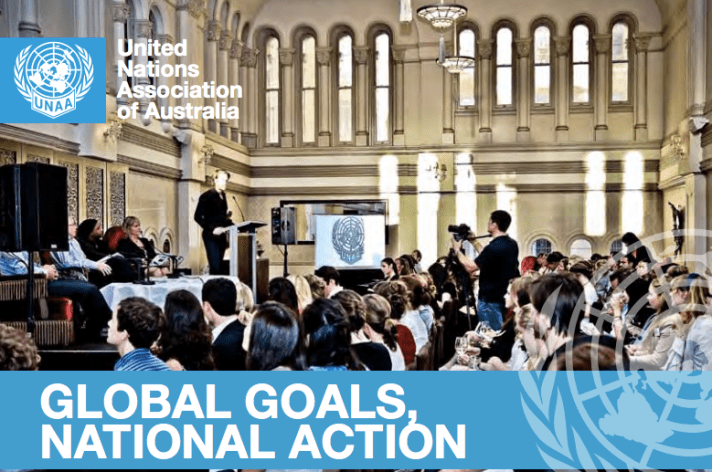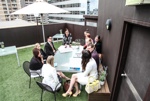This week Jacqueline Shields chats with Jennifer Frahm – founder of Conversations of Change, change manager and communications pro, author, Bricoleur and eternal optimist.

Jennifer Frahm. Photo by The Itchy Eyes
Name: Jennifer Frahm
Website: http://conversationsofchange.com.au
Twitter: @jenfrahm
You have decided to buck the trend, say no to negativity and focus on sharing stories of success in business and industry. What was the tipping point that motivated you create a forum [called Bright Spots] where we can hear first-hand from those who have overcome challenges?
Thank you! The tipping point? A partner in crime! It was a passionate conversation with Steve Vallas of Honey Bar. He was “over it”, (the negativity) – and I’m a firm believer in don’t complain, if you are not going to do anything about the subject of complaint. So we said “let’s do it!” Let’s turn it around! So we decided to create an opportunity to celebrate the positive and optimistic stories of business and industry in person and online by case studies.
At the Bright Spot meetups, we’ll have three people talk for 10 minutes on the challenges they have faced, how they countered the challenges and how they are smashing it in a time that the news headlines say they shouldn’t. And we’re particularly interested in the quiet achievers — those that don’t have a big PR machine behind them. There’ll also be facilitated networking. You’ll leave with more than just three great stories, you’ll have a whole handful to refer to and counter the negativity that you hear. It’s no cost to attend for those interested and initially, we’ll be holding the events at The Honey Bar in South Melbourne. We’ve had interest across the globe, so we’ll treat the first one in Melbourne as a pilot and then look at what it takes to roll it out further. We are busy identifying three speakers to get the ball rolling. So stay tuned for a date.
Through Conversations of Change you assist people deal with change on a micro level through coaching. Overall, what have you found are the main issues faced when introducing change to an organisation or overcoming resistance to change?
Change cynicism is the big one at the moment along with change overload. It’s fair to say we have a long way to go in building resilience within environments of continuous change.
Employees are increasingly cynical about the “next change” and that takes some work unpacking that. Often you hear “people don’t like change”. I would challenge that. People are often fine with change if it is introduced and managed well. When you have had people in the workforce who have been subject to poorly managed change over successive decades, you see a lot of cynicism about future change (“oh that again?, yeah we tried that”). Responding to change cynicism means having leaders who are prepared to offer acknowledgement of past transgressions, validate the negative experiences and demonstrate how the future change path will be different.
Your book The Transformation Treasure Trove offers insights into change management and communication. What are your top three and why?
OK, these are my top three because if you understand these ones, you’ll cope much better with introducing change and not get so frustrated.
- It’s not about you! Stakeholder engagement doesn’t start with getting armed with your key messages. It starts with an attitude of humility and a willingness to learn about your stakeholder.
- When you engage with resistance to change, you receive valuable feedback on how well your program is progressing. Be appreciative of the feedback – it’s the silence you need to be worried about.
- Patience and Persistence – the key to successful change? It’s pretty simple, patience and persistence. Be graceful, and determined. You’ll get there.
For those toying with the idea of becoming a change manager what pointers would you give for the uninitiated so that they reach for the Perrier instead of the Pinot Noir?
- Be endlessly curious, accept nothing you are told, keep asking why.
- Be proactive in professional development, seek out course, read books and articles.
- Be prepared to have a lots of coffees. That’s how we do stakeholder engagement.
Being immediate past President of the IABC (International Association of Business Communicators) Victoria, how have you found the members managed the explosion of social media right across the business landscape?
There absolutely is a much greater appetite for social media today than three years ago when IABC first started really driving social media awareness and understanding among members globally. The questions and discussions being held amongst the members locally reflect a much greater maturity and more relaxed stance on the issue of “losing control”. IABC Victoria now has many member organisations that are doing really interesting work in this space. Corporate members like Telstra who have significantly resourced up on social media teams are seeing tangible benefits in customer service, and creating sales opportunities with their monitoring of conversations. Alcatel Lucent is doing very interesting stuff with employee engagement and Yammer.
It’s not just the large organisations though. Many of the independents and smaller agencies are much more adept at using social media for community engagement, social recruiting, and online marketing. Once questions at IABC Victoria events would have reflected “what is [insert platform] and how do you use it?”. Now they are prefaced with an example of direct experience and questions on alternative perspectives on how to manage the outcome.
Do you believe change is as good as a holiday?
Hmm. Perhaps not. I guess it depends on if you are the thrill seeking bungy jumping kinda holiday seeker, or whether you want to be lying on a beach with a beautiful buttery chardonnay. I guess the difference is that the holiday yields immediate benefits, change often takes some time to see the benefits.
Where is your favourite stakeholder engagement location (café)?
Locally, I frequent Lava on Carlisle St, Balacalava. In the CBD, you can’t go past MOAT under the Wheeler Centre.
And finally, what is a Bricoleur for those readers who may not have googled the word as yet?
A bricoleur is some-one who uses what ever is at hand to make stuff. Part creative, part innovator, and part experimenter.
I tend to think of myself as having a very broad knowledge base (psychology, sociology, management, communication, change, sales, gleaned from multiple industries). When someone comes to me with a problem, I take a bricoleur approach, I draw from a number of experiences and give it a crack. I don’t tend to focus in one area or one methodology. It’s representative of my twitter experience too – I follow a wide variety of conversations, and tweeps from really varied backgrounds. It keeps me from being stale!
About our Ambassador // Jacqueline Shields. Luckily Jacqueline is not a cat. She’d be on her ninth life. Her inquisitive nature sees her say yes to pretty much anything – a Tough Mudder, an African Safari, sailing down the Nile in a felucca and even a HTML workshop. And each and everything she tries, she takes great joy in writing about. You can connect with Jacqueline on Twitter @hillrepeats.
-37.814251
144.963169














